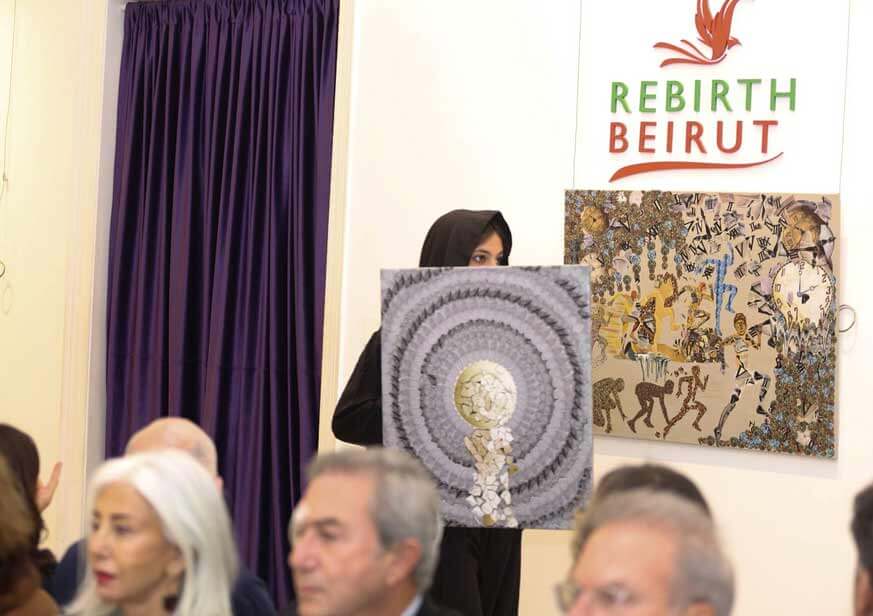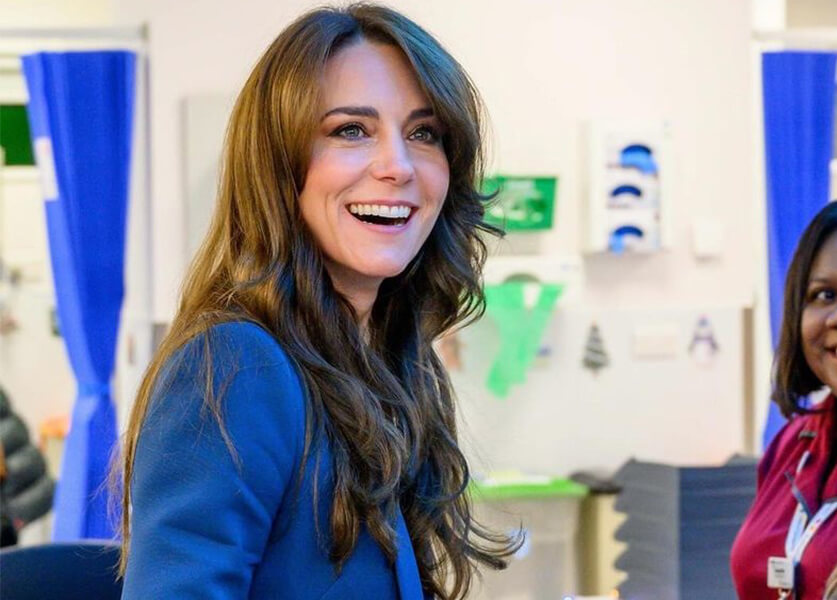LIFESTYLE
Why Are we Always Tired
Zoé Grandjacques - madame figaro
12-September-2023

Difficult awakenings, troubled nights, lack of energy... In her documentary 'I am tired,' director Lucia Sanchez explores the ins and outs of the epidemic of laziness that seems to be spreading.
Is fatigue becoming the ailment of the century? Over the months, studies continue to show similar results: in October 2022, Santé Publique France reported that 71% of the French population believes they have sleep disturbances; the Jean Jaurès Foundation and IFOP published a report in November stating that 41% of the French feel more tired since Covid, and 45% of those surveyed feel 'lazy' about leaving their homes.
Lucia Sanchez, the director of the documentary 'I am tired', which aired on France TV on April 20th, also noticed this epidemic of asthenia. 'I kept hearing this phrase, "Are you okay, not too tired?" It became a kind of ritual, and we no longer respond with "I'm fine" but with "I'm tired,"' she tells us. In her short film, she questions, 'What is it that makes us all tired?' 'What are we chasing after?'
Typology of Fatigue
While making the documentary, the director already understands, with the input of experts, the importance of distinguishing between 'good fatigue,' which occurs after exertion, and 'exhaustion.' She consults with the philosopher Hélène L'Hœuillet, who defines the latter state as 'being deprived of one's own sense of time.
By interviewing a building caretaker, a delivery person, a truck driver, an engineer, and a former salesperson, the filmmaker wanted to "tell a collective fatigue story with people who do very different types of work." While the material causes of these exhaustion cases differ, they all seem to stem from a lack: a lack of time, a lack of sleep, a lack of energy, a lack of purpose...
Regarding her own state of fatigue, the director confides in us about an "extremely tiring" time. "Economic disparities, the rise of radicalism, the exhaustion of resources - these are things that affect humans, and a lack of hope is tiring," she testifies.
What if we asked ourselves "what's the point?"
In the face of this pervasive fatigue, Lucia Sanchez has chosen to showcase other possibilities. "The film aimed to be optimistic and assertive. I don't have the energy to give up; instead, I have the energy to criticize and fight," she tells us. More broadly, questioning the meaning is the outcome the director hopes to provoke: "We should pause more often, ask ourselves what's the point, and realize that there's more to life than the cult of always wanting more," she concludes.








